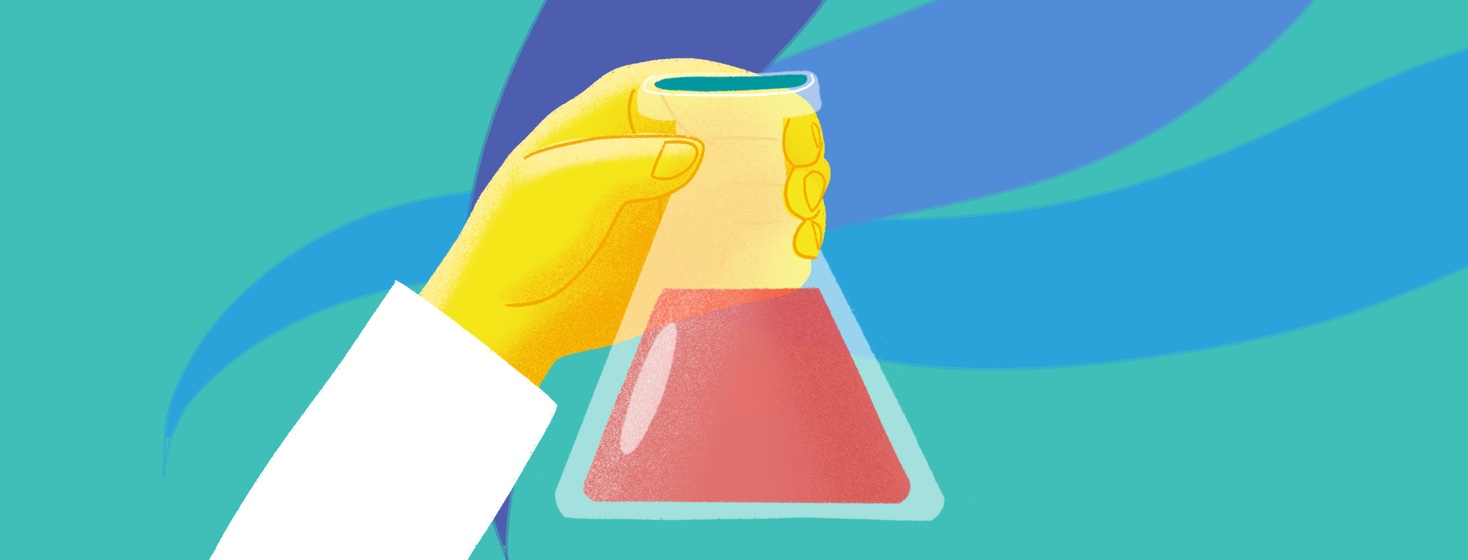Recruiting Scientists to Your Team
I count several scientists as part of my team. Frankly, I never thought that would be the case and as I was explaining how my medical oncologist and I lean on different individuals to inform my care, a dear friend suggested that I write about it to help others think about doing something similar. At no time do I think I have all the answers; at the same time, I think I've benefitted in several ways from the inclusion of scientists on my team.
Adding scientist to stage 4 breast cancer healthcare team
Here is the process I followed.
Step 1: Meet some scientists
I didn't know anyone who was a scientist focusing on breast cancer research before my diagnosis in 2017 and, at first, I didn't think of contacting anyone. Then, I started reading studies and learning the language. It was very quickly apparent to me that the scientists weren't talking directly to a lot of patients and I started reaching out to different authors of studies. I found that only about 25-30% of scientists returned my calls or emails and it was often difficult to get to the actual doctors through the gatekeepers. The good thing was that the ones who were researching something that was relatively specific to my care did return my calls. I'm betting that the others just didn't have time.
I've also found that going to conferences and meeting scientists directly is the best way to recruit them to my team. It is almost always the scientists who I spend the most time talking to at the conferences who are the most responsive and the most helpful.
Step 2: Cultivate a relationship with the scientists
When I meet a scientist who is someone I think would be helpful to my team, I make sure I get that person's business card and confirm the best method of contact. I've found email is usually the best, but sometimes getting on the phone is the best. After a conference or another time that I meet a scientist, I usually try not to bug them too much, but make sure that I'm top of mind for them. This does require some extra effort at times. I usually try to share updates on my treatment, articles I've read that are helpful or articles I've written as a patient advocate.
Part of cultivating a relationship with scientists is having reasons on both sides for having an ongoing conversation. As a patient, we often have vital information that will help a scientist put their research into context or we have access to other patients we can connect those scientists to. In other words, they need to be getting something out of the exchange beyond just the pleasure of having interaction with you.
Step 3: Involve the scientist when important questions need to be answered
My medical oncologist and I have called scientists during medical appointments when we were discussing different options and needed to go back to the basic science to figure out the best methods of moving forward. I've been astonished time and time again how doctors exist in silos in our health care system. They focus on their particular specialty and knowledge that they were exposed to in medical school just isn't top of mind any longer. Having a doctor who is willing to hear input from others, to gain information by asking others, and not dismissing out of the box thinking is key.
This is one of the things I appreciate about my doctor the most. She isn't afraid or intimidated to ask for input from anyone who has a different specialty. She often calls other doctors during our appointments to ask questions or get input or refer me for testing she hadn't considered.
Step 4: Say thank you
Any time a professional extends their knowledge to my team without a promise of payment or any kind of benefit, I know that they are outside their box, outside their comfort zone. I've seen when professionals are willing to collaborate in this way, magic can happen. So, I try hard to never forget to figure out how I can add value to their efforts, how I could say thank you.
I try to remember that underneath all the education and the experiences and the accolades and the awards, doctors, and scientists are people just like patients. I firmly believe when we all remember that humanity binds us all together, we simply have different pieces of the puzzle, then the result is best for everyone.
What about you? Who is on your team?
Could your team be even better with the addition of a scientist? Share your thoughts in the comments!

Join the conversation